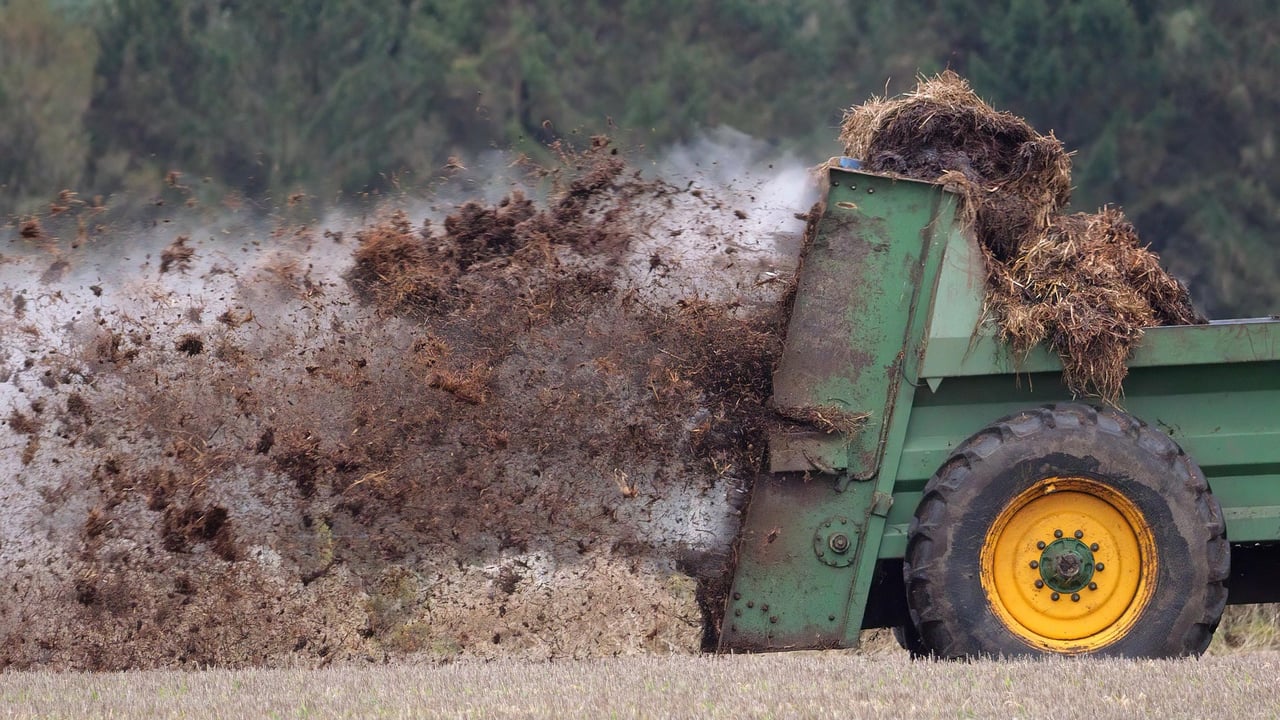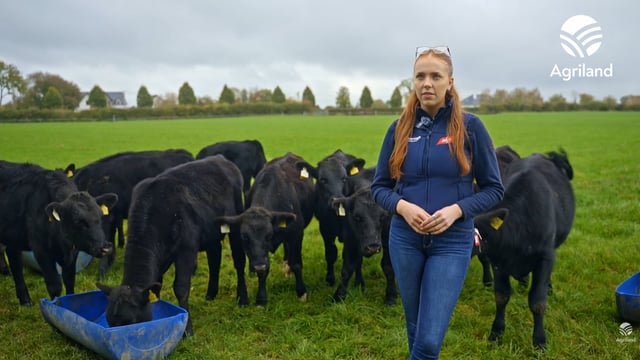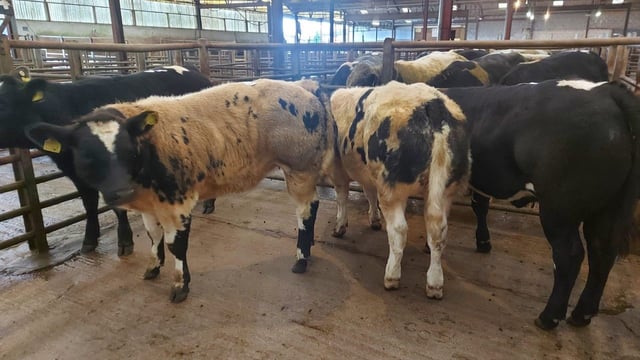Deadline for spreading farmyard manure kicks in this week
The deadline for spreading farmyard manure (FYM) will kick in next weekend (Saturday, November 1), so farmers should spread the last of it this week while they can.
Farmyard manure is a valuable asset on farm, as the organic manure is full of useful nitrogen (N), phosphorus (P), potassium (K), and sulphur (S).
This is becoming ever more important in terms of nitrogen use efficiency, as the FYM replaces synthetic fertilisers and therefore reduces production costs and stretching profit margins.
Spreading the manure now before the ban kicks in can help restore fields low on nutrients that were struggling with grass growth this year.
As well as this, it is important to remember that dung capacity has already being taken away from your farm's N and P allowances, so by not using FYM you will be cutting yourself short.
Sometimes it can be a hassle to spread farmyard manure, as there may be a slurry tank in the yard but no dung spreader.
However, as it is too valuable of an asset to waste, farmers should consider hiring a contractor to spread the manure.
According to the Association of Farm Contractors in Ireland (FCI), the average guideline contractors are charging are as follows;
| Job | Price incl. VAT at 13.5% |
|---|---|
| Loading muck with wheel loader | €80-€85/hr |
| Muck spreading with flail | €71-€74/hr |
| Muck spreading with 10t spreader | €79-€90/hr |
| Muck spreading with 14t spreader | €107-€120/hr |
| Loading and spreading with 12t spreader | €164-€170/hr |
| Loading and spreading with 14t dual/rear discharge spreader | €185-€195/hr |
It is important to remember that these are only guide prices, and your contractors' quote will depend on different factors such as where in the country you are based.
These prices seem worth it when you consider that dungstead manure (decomposed) has a nutrient content of 1.4 N kg/t, 0.9 P kg/t, and 4.2 K kg/t, which gives it a value of approximately €15/t, according to Teagasc.
Meanwhile, fresh FYM has a nutrient content of 1.35 N kg/t, 1.2 P kg/t, and 6 N kg/t, which gives it a total value of approximately €19/t.
Spreading this dung will result in the soil's organic matter increasing, especially if you get out with a chain harrow after spreading.
The worst thing about spreading the dung at this time of the year is the lower soil temperature and growth rates; however, you will be still able to reap the benefits next spring.
Closing date for farmyard manure
Farmers should be well aware that the closed period for chemical fertiliser and organic fertiliser is well in place.
However, farmers are still entitled to spread FYM until Saturday, November 1 if conditions let them.
After that, you will still see slurry tanks around as the closed period for soiled water only begins on December 1, and quickly opens again on December 31.
The table below outlines the prohibited periods for spreading both chemical and organic fertilisers to land:
| Zones | Storage period | Chemical fertilisers | Organic fertilisers | Farm yard manure |
|---|---|---|---|---|
| A | 16 weeks | Sept 15-Jan 26 | Oct 1-Jan 12 | Nov 1-Jan 12 |
| B | 18 weeks | Sept 15-Jan 29 | Oct 1-Jan 15 | Nov 1-Jan 15 |
| C (Donegal and Leitrim) | 20 weeks | Sept 15-Feb 14 | Oct 1-Jan 31 | Nov 1-Jan 31 |
| C (Cavan and Monaghan) | 22 weeks | Sept 15-Feb 14 | Oct 1-Jan 31 | Nov 1-Jan 31 |
It is important that you have enough storage for this period to sufficiently store FYM without any seepage.





